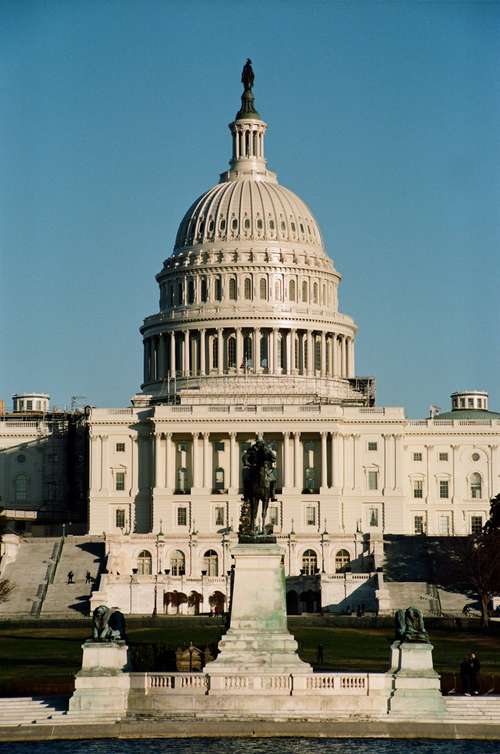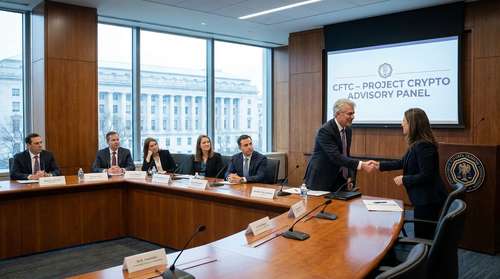Lou Jiwei, China's former Finance Minister, has urged the Chinese government to carefully study the impact of cryptocurrencies, particularly as the United States makes significant policy shifts. The US Securities and Exchange Commission (SEC) approved Bitcoin exchange-traded funds (ETFs) in early 2024, signaling a major shift in the country's approach to digital assets.
At the 2024 Tsinghua Wudaokou Chief Economists Forum in Beijing, Lou highlighted that the US's newfound openness to Bitcoin ETFs could have global implications, particularly for financial markets.
He noted that while cryptocurrencies are often associated with risks like volatility and money laundering, they cannot be ignored, especially given their growing role in the global digital economy.
The Importance of Bitcoin ETFs in Global Markets
A Bitcoin ETF allows investors to gain exposure to Bitcoin without having to directly buy and store the cryptocurrency. This type of financial product has long been anticipated in the US, with previous SEC rejections due to concerns about market manipulation and investor protection.
However, in 2024, the US changed its stance, and several Bitcoin ETFs, including spot ETFs, were approved. This marked a significant shift in US policy, allowing institutional and retail investors to trade Bitcoin more easily, thus legitimizing the cryptocurrency in the eyes of traditional investors.
Lou Jiwei expressed concerns that China's rigid stance on crypto might leave it behind in the race to leverage blockchain and cryptocurrency innovations. He argued that even though digital currencies pose risks to financial stability, China must not fall behind other nations in studying and understanding these technologies.
“We need to fully recognize both the risks and the opportunities of cryptocurrencies. Ignoring them could leave us vulnerable in the future,” he said at the forum.
The Balance Between Policy and Financial Security
While the US has embraced Bitcoin ETFs, China has maintained a strict regulatory environment regarding cryptocurrencies. The People's Bank of China, the Supreme People's Court, and other mainland authorities issued a warning prohibiting all crypto trading activity in September 2021.
The restriction made it clear that providing services to mainland Chinese individuals by foreign cryptocurrency exchanges is a kind of illicit financial activity. Still, a large number of individuals managed to trade cryptocurrency in methods that did not comply with the regulations.
However, as the US continues to warm to crypto, particularly with the rise of Bitcoin ETFs, China is now reconsidering its approach.
Lou's message was clear: while the risks are undeniable, China must engage in further research and policy development to better navigate the fast-evolving crypto landscape. He warned that the global financial system could be significantly impacted if digital assets are not properly understood and regulated.
Wrapping Up
In response to the US’s recent policy shifts, China might be compelled to reevaluate its approach to digital assets. The increasing legitimacy of Bitcoin through ETFs in global markets, combined with growing political support for crypto in the US, has placed pressure on China to reconsider its rigid stance.
While caution remains, Lou noted that there is a growing recognition that blockchain technology and digital assets will likely play a crucial role in the future of global finance.




